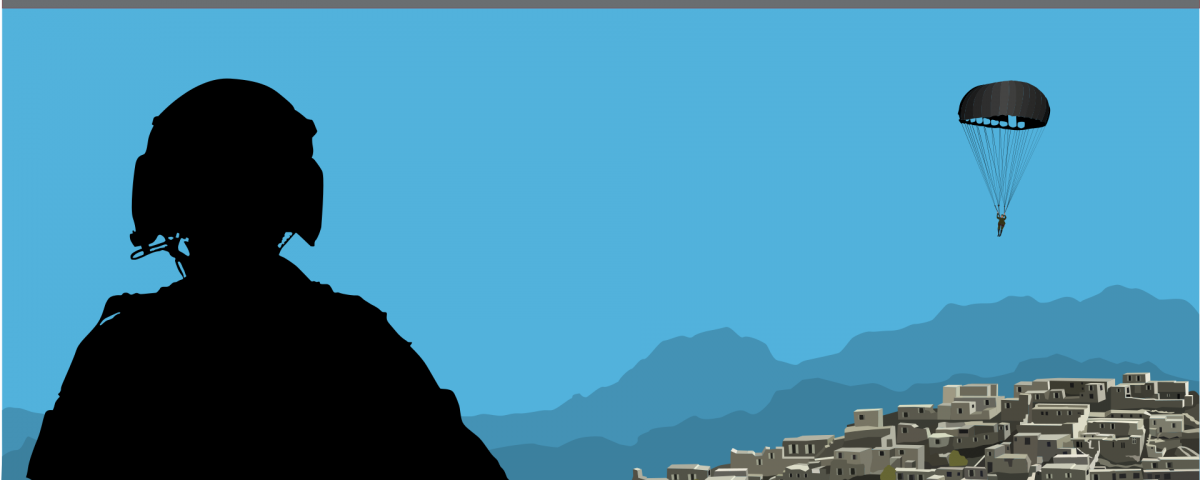The War on Drugs and Failed Drug Policy
If you think about wars in recent American history, Iraq and Afghanistan immediately come to mind. But there is another American war that was waged long before our operations in the Middle East that is still being fought today: the war on drugs.
The term “war on drugs” comes from the early 1970s and the public reaction to President Richard Nixon declaring drugs, “public enemy number one.” The war on drugs refers to the set of policies and laws to prevent drug production, distribution, and abuse. It is estimated that the war on drugs costs the US government 51 billion dollars a year among federal, state, and local spending.

Federal Enforcement Seeks to Control Drug Abuse
Like the wars in Iraq and Afghanistan, the war on drugs was designed to protect the country. Also like the wars in the Middle East, the war on drugs has been heavily criticized by people of many political parties.
Conflict in the Middle East has lasted so long that tribes and groups that were once allies of the United States have now turned against us. The war on drugs has experienced a similar turning of allies now that the states of Oregon, Washington, Alaska, and Colorado have made the recreational use of marijuana legal. Marijuana is still federally classified as a Schedule I narcotic, a distinction given to only the worst drugs, like heroin and LSD.
Drug Addiction Continues to Threaten Families & Communities
In the intervening 40+ years since the Nixon administration, you would expect to see a significant change in drug abuse in the United States. However, drugs have continued to ravage the country. These drugs have all had times of popular use since the beginning of the war on drugs:
- Crack (1980s and 1990s)
- Meth (1980s and 2000s)
- Prescription Pills (2000s to 2010s)
- Heroin (2010–present)
Each time a drug has become popular, the US government has found a way to control it. But like the game Whack-a-Mole, as one drug fades out of the spotlight, a new drug takes its place.
Although the comparison may seem morbid, the US government has faced a similar problem in Iraq and Afghanistan. As one new enemy leader or faction is fought and defeated, another one pops up somewhere else.
Turning the Corner: Finding Modern Drug Addiction Treatment
The war on drugs shares a number of characteristics with the wars in the Middle East. The question presenting itself to today’s generation is: with all of this failed drug policy, should we continue to throw good money after bad, or change directions entirely?
While you may not be able to change drug policy yourself, what you can do is educate yourself. If drug addiction is already controlling your life, professional addiction treatment might be the best way for you to turn things around. Check out Banyan Treatment Center today to learn what a modern, intelligent drug addiction treatment program looks like.









